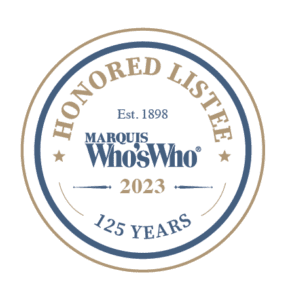Services

Intellectual Property
Intellectual property (IP) is a term referring to a number of distinct types of creations of the mind for which a set of exclusive rights are recognized—and the corresponding fields of law. Under intellectual property law, owners are granted certain exclusive rights to a variety of intangible assets, such as musical, literary, and artistic works; discoveries and inventions; and words, phrases, symbols, and designs. Common types of intellectual property include copyrights, trademarks, patents, industrial design rights and trade secrets in some jurisdictions.
Patent
A patent is a set of exclusive rights granted by a state to an inventor or their assignee for a limited period of time in exchange for a public disclosure of an invention. The procedure for granting patents, the requirements placed on the patentee, and the extent of the exclusive rights vary widely between countries according to national laws and international agreements. Typically, however, a patent application must include one or more claims defining the invention which must be new, non-obvious, and useful or industrially applicable. In many countries, certain subject areas are excluded from patents, such as business methods, treatment of the human body[citation needed], and mental acts. The exclusive right granted to a patentee in most countries is the right to prevent others from making, using, selling, or distributing the patented invention without permission. It is just a right to prevent others’ use. A patent does not give the proprietor of the patent the right to use the patented invention, should it fall within the scope of an earlier patent.
Copyright
Copyright is a set of exclusive rights granted to the author or creator of an original work, including the right to copy, distribute and adapt the work. In most jurisdictions copyright arises upon fixation and does not need to be registered.
Trademark
A trademark, trade mark, or trade-mark is a distinctive sign or indicator used by an individual, business organization, or other legal entity to identify that the products or services to consumers with which the trademark appears originate from a unique source, and to distinguish its products or services from those of other entities.
Call for a Free Consultation
Pritch Law
R. Wayne Pritchard, PC

